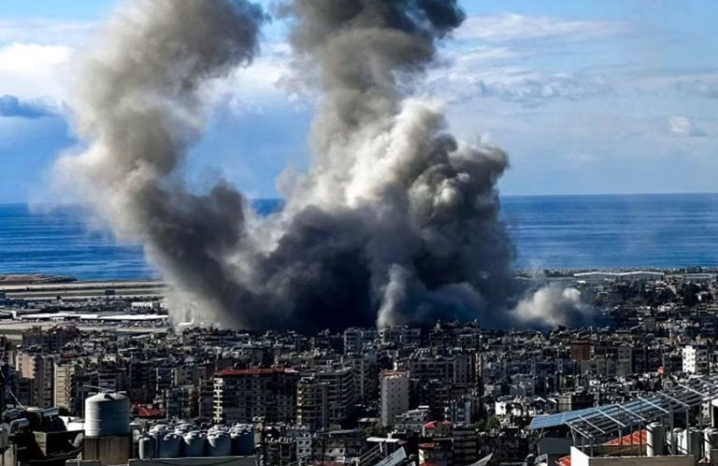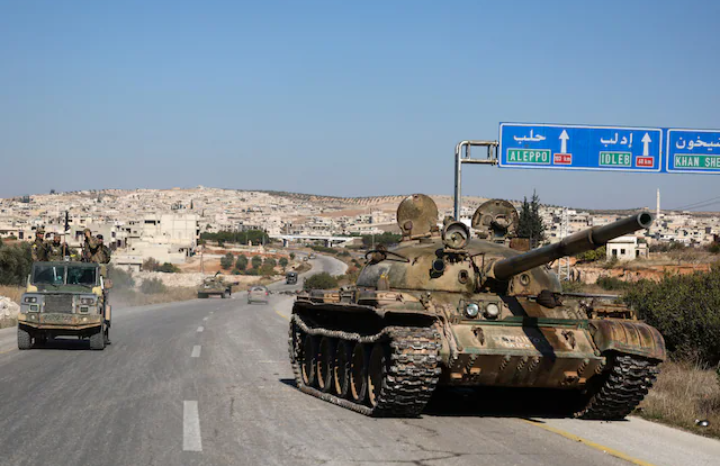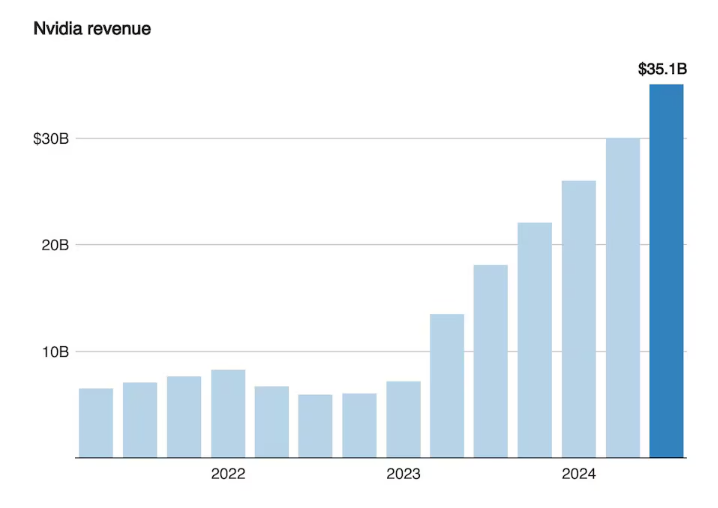A historic ceasefire between Israel and Hezbollah took effect early Wednesday, marking the end of months of deadly cross-border hostilities that killed thousands. Brokered by the United States and France, the agreement aims to establish a permanent cessation of violence, with Israeli forces set to withdraw over the next 60 days. Lebanon’s army will take control of southern regions to prevent Hezbollah from rebuilding its military infrastructure. U.S. President Joe Biden praised the deal as a significant step toward lasting peace, while Israeli Prime Minister Benjamin Netanyahu warned of severe repercussions for any violations.
In the hours leading up to the ceasefire, intense fighting persisted, with Israel launching heavy airstrikes in Beirut and southern Lebanon. Lebanese officials reported 18 fatalities, while Hezbollah retaliated with rocket attacks intercepted by Israel’s defense systems. Displaced Lebanese civilians, fleeing months of devastation, began their journey back to southern villages once the truce was in effect. Despite widespread relief, skepticism lingers, with many questioning whether both sides will honor their commitments.
Hezbollah, backed by Iran, has remained tight-lipped about the deal but expressed confidence in its strengthened position. Senior official Hassan Fadlallah described the group as "emerging stronger," despite Israel claiming it had significantly weakened Hezbollah’s capabilities by eliminating leaders, neutralizing thousands of fighters, and destroying weaponry. Netanyahu reiterated that Israel retains full military freedom to act decisively if Hezbollah re-arms or breaches the truce.
The ceasefire also highlighted international cooperation, with France and the U.S. pledging support for its enforcement alongside Lebanon's military and UN peacekeeping forces. While Biden emphasized this as a step toward regional stability, some Israeli officials criticized the agreement for failing to guarantee security for northern communities. Calls for a buffer zone on Lebanon’s border remain unresolved, fueling opposition within Israel.
As life cautiously returns to normal, residents in affected areas on both sides face the daunting task of rebuilding. Lebanese villagers, like Alia Ibrahim, voiced hope for peace despite the destruction of their homes. Polls in Israel reveal a divided public, with many supporting the truce but others fearing it may not ensure long-term security. Both sides now face the challenge of turning a fragile ceasefire into a durable solution to decades of tension.





